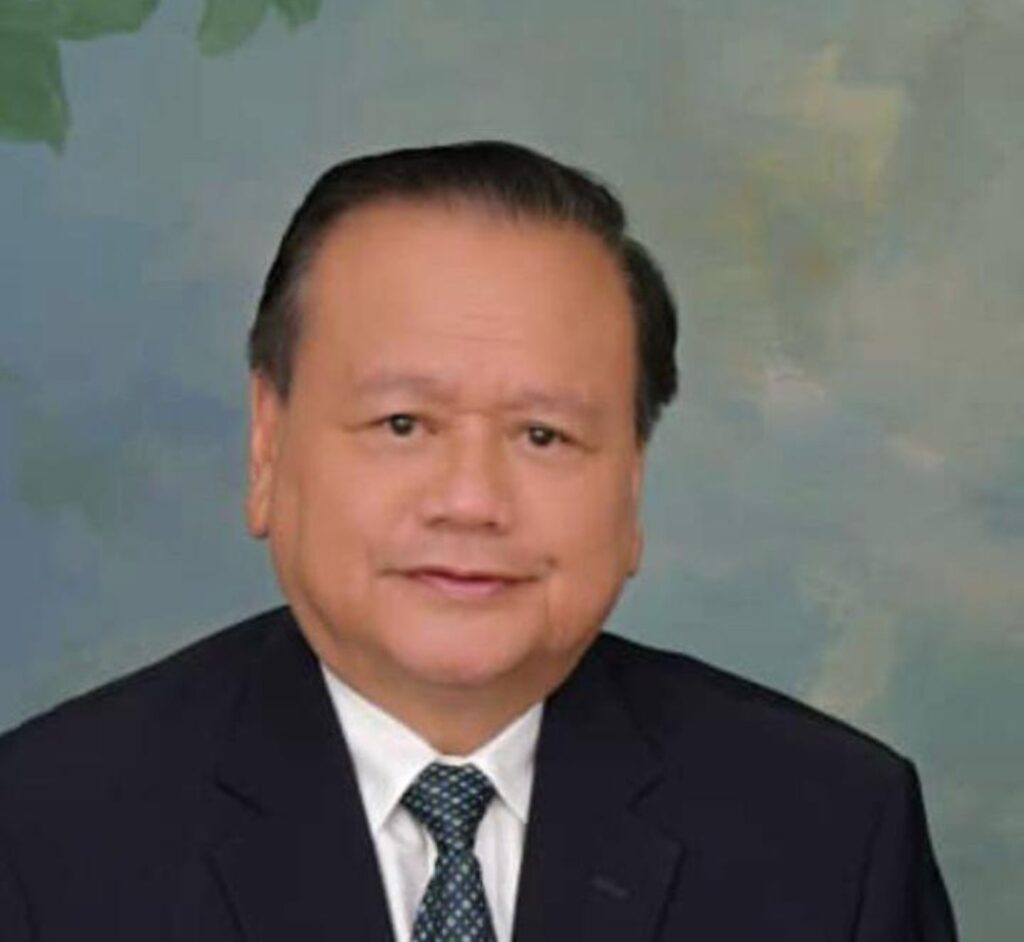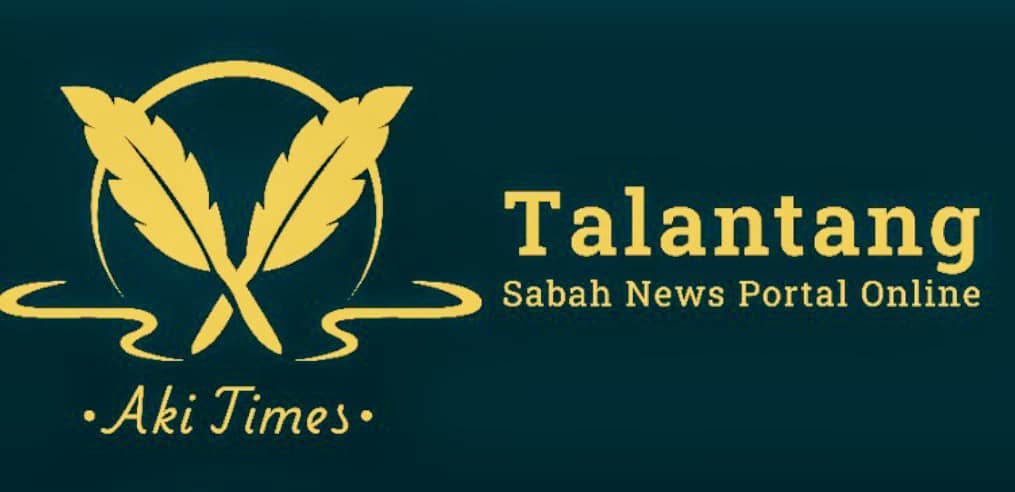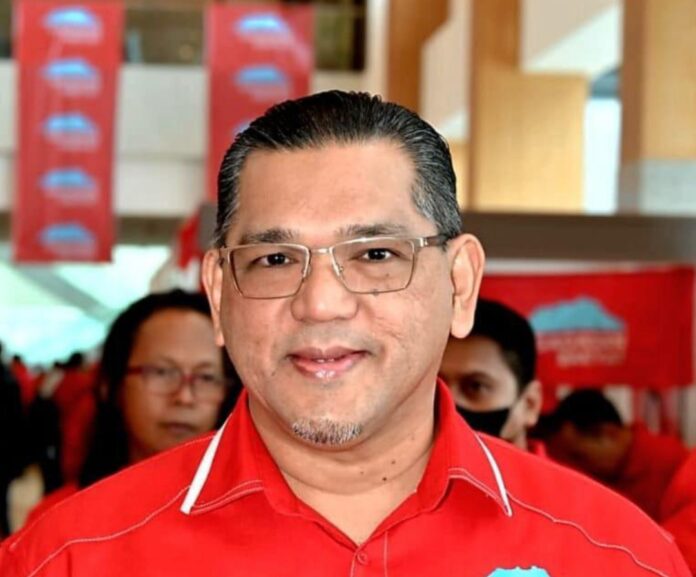Nizam Abu Bakar Titingan

Clarence Bongkos Malakun
KOTA KINABALU: Sabah is in safe hands under the direction of Chief Minister Datuk Seri Panglima Haji Hajiji Haji Noor.
That’s the political and economic reality the state has since 2020 when Gabungan Rakyat Sabah (GRS) – an eight party coalition – headed by Hajiji and its partner – Pakatan Harapan (PH) -helmed the state administration.
“This simply speaks volumes for the coalition government’s commitment to economic and social progress in a stable political environment,” says Assistant Minister to the Chief Minister Datuk Nizam Abu Bakar Titingan.
He is urging the people to choose wisely at the upcoming state election,he says they must not gamble away their future and that of their children.
Nizam who is also the Apas Assemblyman adds that that economic stability means people will have jobs and the resources essential to a healthy life.
Employment, he adds, is a key component of economic growth “and if you have a job, you are able to spend on food and services which will then help business to grow and create more jobs”.
Instability, he cautions, will only reduce investor confidence and create an uncertain environment which can hinder growth.
“As such, a strong mandate from Sabahans this time around is absolutely crucial to ensure continued stability which not only allows for effective governance but also necessary for societal cohesion,”Nizam says.
There is no place for politics of slander but a real political agenda to grow Sabah’s economy like what the coalition government has set out to undertake from day one.
And while development in urban areas is continuing, the state government has never ignored the needs of the rural communities.
“The depths to which the government has penetrated the rural folk is stupendous and has won them over to its cause’.
“Also, the multiple programmes planned and implemented have struck a chord with the rural folks including in far-flung areas,” he says.
And recently, it was announced that Sabah was embarking on a six-year plan to revitalise the rural economy and strengthen food security through a statewide Rural Agricultural Economic Revolution (RAER).
RAER was approved by the State Cabinet on March 26 this year.
This new initiative focuses on transforming idle rural land into productive agricultural zones, boosting output and reducing the dependence on food imports.
It also aims to generate income for targeted groups, particularly those living in poverty and extreme poverty, while simultaneously addressing unemployment and unlocking Sabah’s rural economic potential.
The government has set aside an annual allocation of RM10 million to implement RAER – amounting to RM60 million over the six years (2025 and 2030).
And to ensure the people, especially those in the low-income group will have a “roof over their heads”, the state government had launched the Rumah Mesra SMJ in 2022.
The Chief Minister had stated that this housing initiative which adopted the concept of the Hardcore Poor Housing Project (PPRT), was aimed at helping those under the poverty line to own homes.
The houses would be built in all 73 state constituencies utilising the federal special grant of RM125.6 million.
Each house costs about RM70,000 and priority is given to those who do not own a house.
Nizam believes the Sabah voters will not turn their back on a government that cares for all.
Meanwhile, Sabah Economic Advisory Council (SEAC) member, Datuk Clarence Bongkos Malakun says the coalition government had taken action to address critical issues, especially the water and electricity problems.
The former Assemblyman is confident that these issues would be a thing of the past when the multi-billion Ulu Padas Hydroelectric Project (UPHEP) begins production.
Clarence adds that this is a praiseworthy initiative of the government to resolve the problems that had been extant for decades.
The 187.5MW UPHEP – expected to be completed by end of 2030 – is capable of generating an average of 1,052 gigawatt hours (GWh) of clean energy annually – hence increasing Sabah’s current dependable capacity by some 15 per cent.
And, it will also double the renewable energy (RE) mix, supporting the state’s goal of achieving approximately 35% RE share in its generation mix by 2035.
At the launch of the project two years ago, the Chief Minister said he was confident it would also resolve Sabah’s water supply issue in the longer term.
The State Legislative Assembly must be dissolved to pave the way for the 17th state election which must be held at the latest by early December this year.
Once dissolved with the consent of the Head of State, the battle lines will be drawn for what may be the “fiercest” election Sabah will ever see.
“Indeed it will be an acid test for GRS but victory hinges on what it has done for the state and people – and not what the opposition are saying,” Clarence says.

